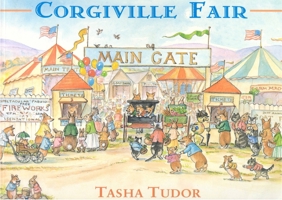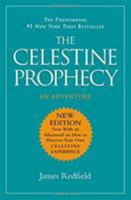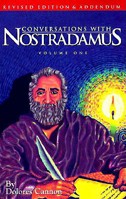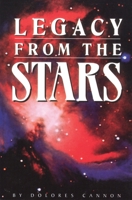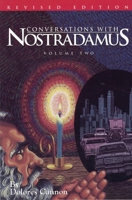Mysticism: The Elements of Mysticism (Elements of)
Select Format
Select Condition 
Book Overview
You Might Also Enjoy
Customer Reviews
Rated 5 starsGreat end-user resource for those new to SharePoint!
Most people are forced to take a class when they want to start using SharePoint. Thankfully Rob has put out this book filled with TONS of common end-user tasks spelled out in a step-by-step process that's easy to follow. This is a must book for anyone who's new to SharePoint and wants to leverage it to its full out-of-the-box potential!
0Report
Rated 5 starsMy #1 SharePoint Resource
Rob Bogue has a great reputation in the SharePoint community. He is an MVP & I read everything from him I can get my hands on. I had high expectations when I learned he had published "The SharePoint Shepherd's Guide for End Users". My expectations were exceeded. The Shepherd's Guide is unique. There's nothing like it anywhere. In a world where the ability to fog a mirror & spell "SharePoint" can land a consulting...
0Report
Rated 5 starsFantastic Resource
This book is a great resource for any company who is deploying SharePoint and needs a good way to provide a self help resource for their users. It is critically important to the successful adoption of a platform like SharePoint to have a user community that is functional. This book helps them be that and more.
0Report
Rated 5 starsGreat End User Manual for SharePoint
For me, this book is like the end user manual that Microsoft never shipped with SharePoint but really should have. Rob does a great job of identifying the core functions of SharePoint that users need to know, and covers them as easily understood common tasks. I think this is a great way to introduce information workers to SharePoint, as a user my goal is to figure out how to accomplish what I need to do with a new tool not...
0Report




















